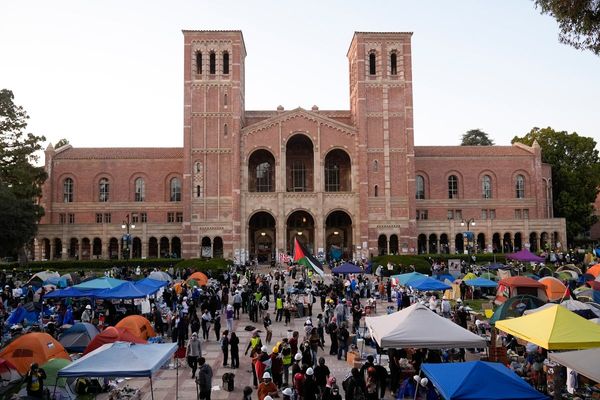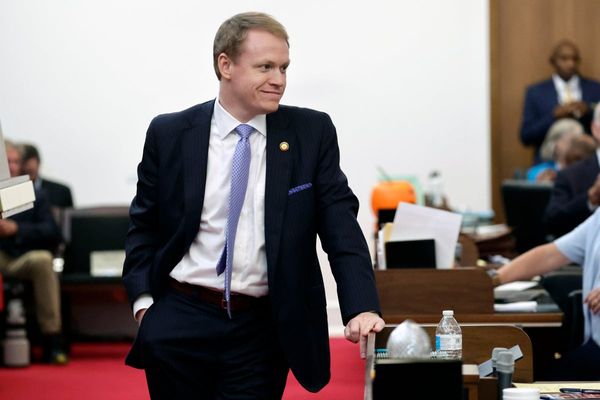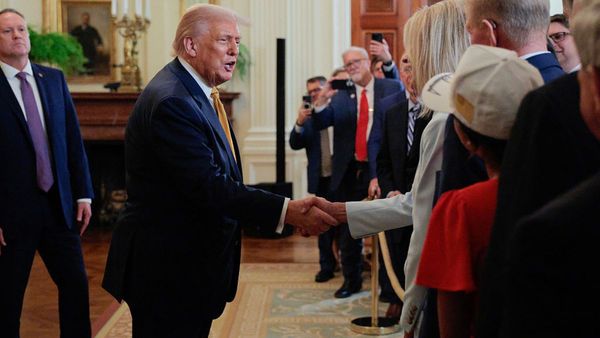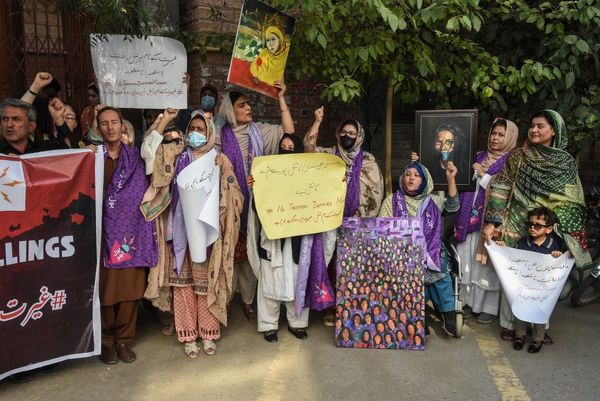
Researchers supported by Australia’s peak body for psychiatrists have applied to have ketamine treatments for depression subsidised by Medicare, following the results of a trial which found a low-cost version of the drug can treat severe depression.
Currently, S-ketamine nasal spray is sometimes prescribed in Australia for treatment-resistant depression, but it costs approximately $800 per dose, and combined with the consultation cost, patients can pay around $1,150 for treatment.
Researchers led by Prof Colleen Loo from the University of New South Wales Sydney and the Black Dog Institute trialled a lower-cost, generic version of ketamine delivered via a small injection administered under the skin.
It is the largest study in the world comparing generic ketamine, known as racemic ketamine, with a placebo in treating severe depression.
The researchers recruited 179 people with treatment-resistant depression who were given either an injection of racemic ketamine – already widely available as a drug for anaesthesia and sedation – or a placebo.
The placebo was a drug known as Midazolam, chosen because it also causes sedation, making it less likely participants would know which drug they were given. Researchers were also unaware which drug the patients received, known as a double-blind trial, to reduce the risk of bias.
Participants received two injections a week in a clinic where they were monitored for around two hours. The treatment ran for one month.
One fifth of those given racemic ketamine reported that they no longer had clinical depression in the four days following their final dose, compared with 2% in the placebo group.
Participants in the racemic ketamine study also had higher rates of treatment-resistant depression before treatment compared with participants in similar studies involving S-ketamine. Almost one quarter of the participants in the racemic study had failed to respond to previous treatments including antidepressants, talk therapy and/or electroconvulsive therapy.
The results, published in the British Journal of Psychiatry on Friday, are similar to the remission rates found in studies of those given S-ketamine nasal spray for depression. But racemic ketamine costs as little as $5 per injection, though patients receiving the drug outside of clinical trials pay around $350 on top of this for the consult and monitoring.
“I’m now leading an application to Medicare, supported by the Black Dog Institute and the Royal Australian and New Zealand College of Psychiatrists, for a Medicare item number to fund the treatment costs for ketamine treatments for depression,” Loo said.
This would include all methods of delivery and forms of the drug, including the nasal spray and lower-cost injections.
“Ketamine is a tremendous treatment for people with treatment-resistant depression, but the main barrier now to access is people can’t afford the costs, which is why we have made this application,” Loo said. “I’m very hopeful that within one or two years, treatment will be Medicare-funded.”
Loo said further research is needed to understand whether the treatment effects are long-lasting. She urged people with depression not to ask their GP for ketamine treatments, saying if people believe they have depression, they should explore alternative treatment options with their GP first such as lifestyle changes and treatment from a psychologist, before being referred to a psychiatrist to explore alternatives if symptoms persist.
Psychiatrists administering ketamine should ideally receive additional training, including on how to dose and monitor patients safely, Loo said.
Prof Susan Rossell, a cognitive neuropsychologist with Swinburne’s Centre for Mental Health who specialises in treatment-resistance, said Loo’s study had been conducted “with the highest scientific standards and rigour”.
“The results are of critical importance when it comes to treatment-resistant depression, where, as we know, these people have tried everything and are desperate,” Rossell said.
“This treatment offers hope to those who are very unwell. It would be great to see the translation of this work into clinical practice as soon as possible.”
Crisis support services can be reached 24 hours a day: Lifeline 13 11 14; Suicide Call Back Service 1300 659 467; Kids Helpline 1800 55 1800; MensLine Australia 1300 78 99 78; Beyond Blue 1300 22 4636







